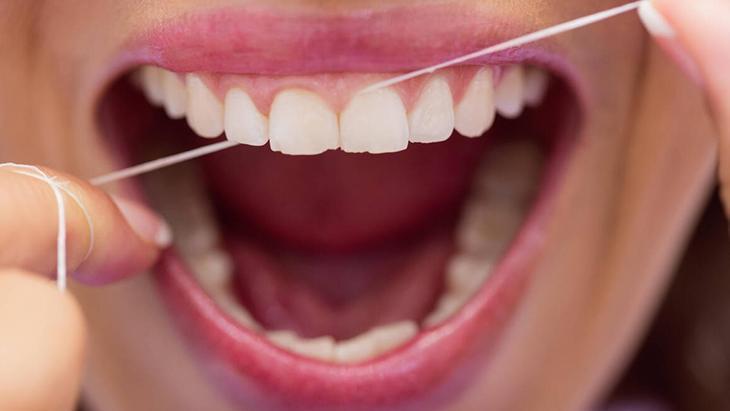Habits are stealing our lives! Not using dental floss shortens our life

Negative self-talk can wreak havoc on your mood, often reinforcing unhealthy core beliefs or underlying thought patterns that shape how you feel and behave every day.

Over time, negative self-talk that leads to an anxious or depressed mood can take a toll on your health, so you need to increase your self-compassion and practice positive self-talk constantly.

Whether it’s about work, school , or relationships, constant, uncontrollable worry can negatively impact both your mental and physical health. For example, headaches, sleep disturbances, and gastrointestinal disorders like irritable bowel syndrome are all associated with excessive worry.

Instead of getting stuck in thought loops that drag you down, try shifting toward thoughts that inspire action and ask yourself what part of your anxiety you can truly control and try reframing your thoughts.

Not spending enough time with others can lead to loneliness, a feeling of disconnection caused by dissatisfaction with the quality of your relationships. Beyond its links to depression and dementia, loneliness is also linked to serious health problems like heart disease, stroke, diabetes, and even premature death.

Individuals who have difficulty socializing may benefit from involving themselves in more social situations, even if they don't require direct conversation—for example, taking a new class that involves other people or participating in a community volunteer effort.

Skipping flossing not only puts you at risk for cavities, it also increases your risk of gum disease, a chronic infection that your immune system must constantly fight off. This low-level inflammation and the bacteria in your mouth have been linked to serious systemic conditions like heart disease and diabetes.

Gum disease has been linked to an increased risk of heart attack, blood sugar control problems and even pneumonia, as harmful bacteria from your mouth can enter your bloodstream and cause inflammation throughout your body.

Mouth breathing is often the result of nasal congestion and sinus inflammation. When you breathe through your mouth, air bypasses the nose and all the important things it does: humidifies the air, warms it, and adds nitric oxide, which naturally reduces inflammation and increases blood flow.

Chronic mouth breathing can disrupt your sleep, which is linked to major health problems like high blood pressure, heart disease, and acid reflux, all of which are also linked to obstructive sleep apnea.
milliyet





